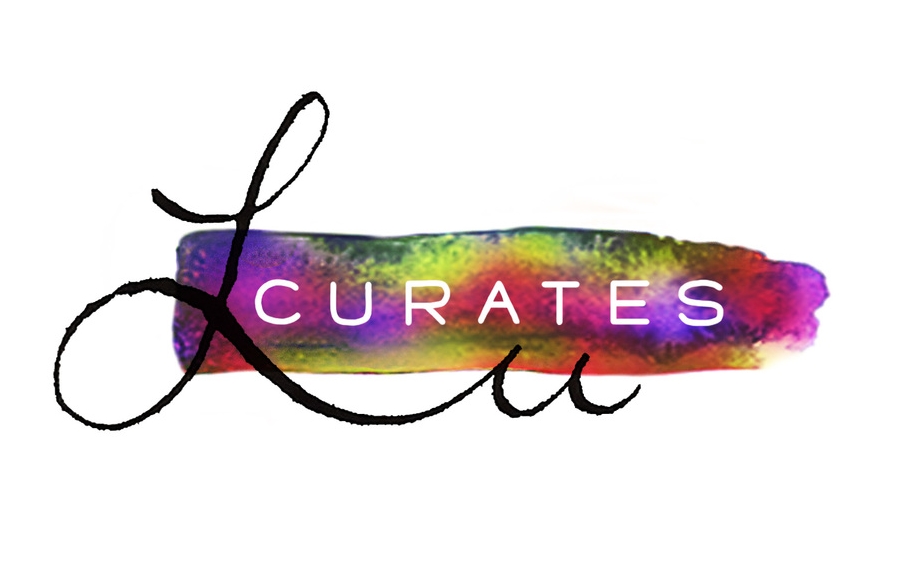Last week, I wrote a piece calling out my privilege. Some readers might be wondering “why?” Some may not agree with me.
To begin, when we identify our privilege we can use our critical thinking skills to better inform our decision making.
It’s important to me that I make decisions in ALIGNMENT WITH MY VALUES.
As I get older, my trauma/therapeutic journey has led me to realize my personal values vary from how I was raised and how societal pressures shaped me. For example, I manage my money differently than a lot of my family members. I’ve come to the conclusion that my values are different from what certain social pressures have led me to believe especially around body image. I had to name these differences in order to truly evaluate them.
Value alignment is imperative to achieve my 100%. Identifying our values, informs the execution of our vision. This is true in our personal lives and in business. How does identifying privilege play into this?
‘Knowledge is power’ is something my biological father drilled into me to inspire me to pursue education. It resulted in a voracious curious appetite for learning. Learning was basically my sport in high school. Through competitive debate and government classes I have always wanted to get more involved. I vote but in full transparency, I know nothing about city council.
I figured I'd get involved with city legislation when I owned a home. Local laws sometimes dictate property taxes and I assume I’d want a say in the matter. Since the status quo didn’t affect me, I didn’t get involved. This is a privilege.
City legislation dictates a lot of policies that don’t affect me directly, but they do affect the community. For example, educational funding cuts directly affect the Deaf community, bus route changes and transportation funding could affect a migrant worker’s ability to get to work. A small piece of legislation could have a big impact on marginalized community members.
When the protests happened, I was not scared of the looters. I was terrified of the police. I was there. As people I knew in my community covered their windows sills to keep out the tear gas, as unarmed protestors and grass-root media outlets were fired upon with rubber bullets, the fear was overwhelming. The violence shook the apartment walls. I knew in my heart and soul it was just a sliver compared to the Black experience.
I was staring at the mirror, and I could no longer deny my own complacency. Police funding has put the public at risk.
Writing about my privilege allows me to name it, in the same way, I name my trauma. When I know my body is physically engaging in flight, flight, and freeze responses, I know my executive function is not working at optimal capacity.
This is why we say things we don’t mean too in relationships. When we are triggered, unfortunately, we let fear drive the car sometimes.
Identifying biased patterns that can result in unconscious racism within myself, and the systems around me outweighs the need to prove I don’t have unconscious bias. We need to start valuing the impact of our actions over the intention.
By acknowledging my privilege. I make more informed decisions. Together - identifying privilege and my felt sense, I can have a conversation objectively.
I have lived a life full of adversity, and I live with that adversity every day. Race has never been a contributor to that adversity. Neither has being able to hear. Being white and hearing affords me endless opportunities. We can’t lose privilege but we can be more responsible with it.
My biological father was an educator who moved us to an area with other affluent white people, who were also educated. When my family fell apart, my privilege landed me in a socially economic class that introduced me to my adopted parents.
My adopted parents are also both educated and provided me with financial and emotional support that I would not have had otherwise. My Deaf brother did not have this. That support took a high school dropout and helped her graduate college.
Privilege doesn’t take away from one’s accomplishments, but access has made it easier. These are facts on the ground. I don’t have to live in fear of getting pulled over, and no one questions my presence in a business meeting based on the color of my skin.
Acknowledging another person's inequity doesn’t negate my own. Holding space for empathy and advocacy in spaces where others are shunned, looked down upon or unfairly pre-judged is an honor. It should be respected with education, curiosity and openness.
